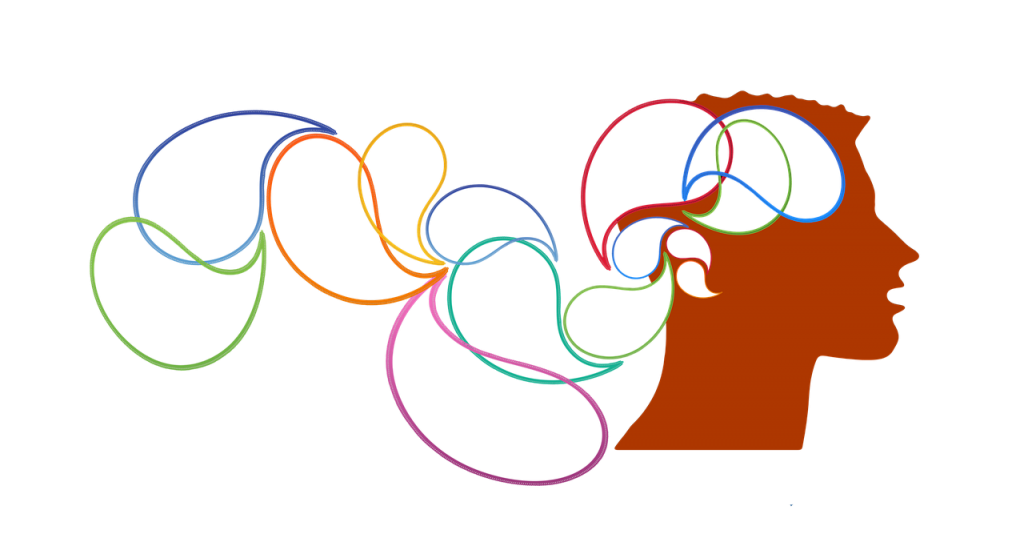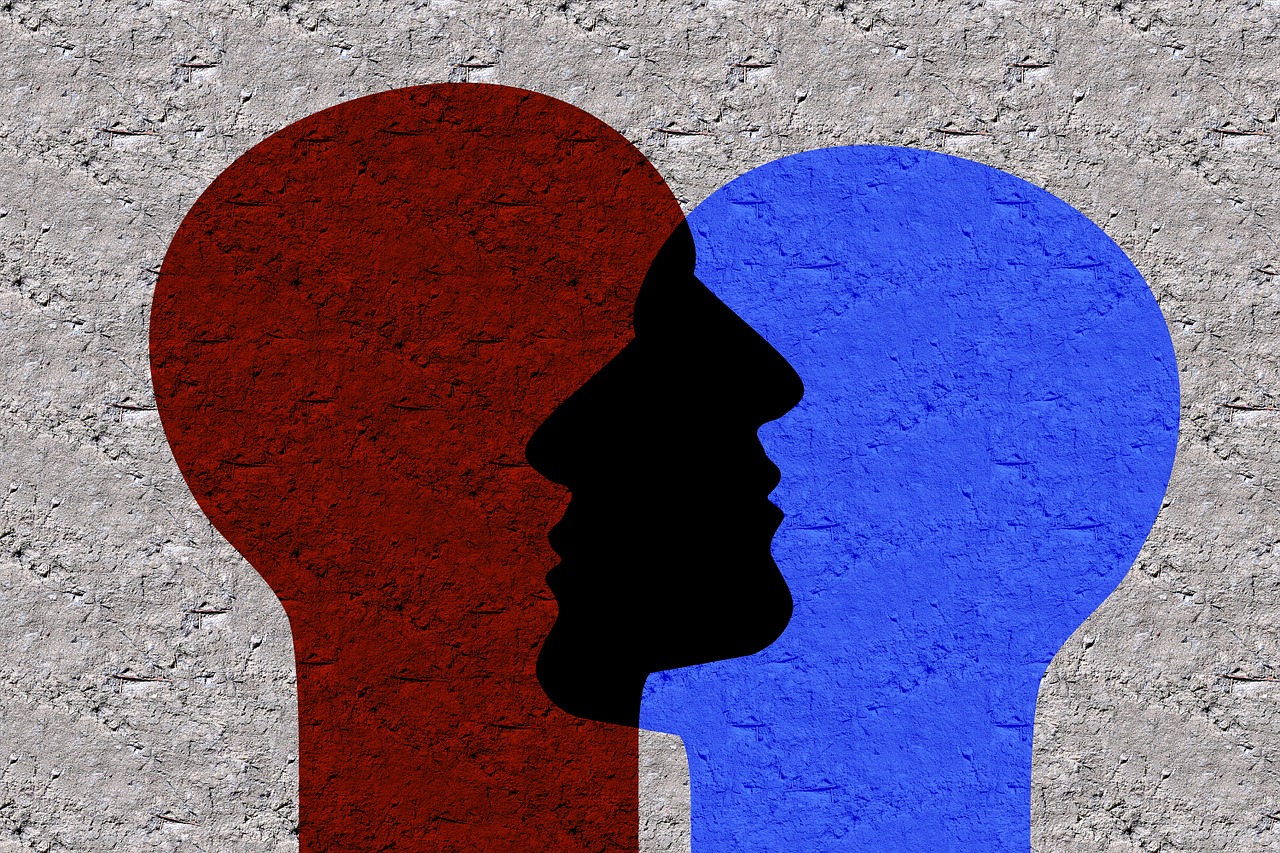Video Games Addiction – Causes, Signs, and Treatment
We all love to have fun in our free time; we sing, dance, watch TV, use Sportsbook Bonus Codes, and/or play video games. The latter is something that has gained such popularity over the years that it’s almost impossible that we don’t know of at least 1 person who enjoys gaming (there’s usually more!) And it’s understandable – gaming is fun when it’s done in moderation.
However, unfortunately, gaming is subjective, and sometimes, people will not stop after playing for an hour or two. That being said, although there are billions of people around the world playing video games daily, the vast majority of them will not develop an addiction to gaming. However, 3-4% of active gamers will start exhibiting patterns of addictive behavior when it comes to playing video games, which can significantly affect their lives in a negative way.
This is why World Health Organization defines gaming disorder as “a pattern of gaming behavior,” which affects people’s everyday lives as they prioritize playing video games over their other activities, and continue to do so despite negative consequences that such behavior may entail.
The causes
There are many different factors that lead to video games addiction. One of the key reasons they can be so addictive is that they are made to be that way. Video game developers and designers use many manipulative features to make players want to play games regularly. Video games are designed to be very challenging so that the players want to keep coming back for more, but at the same time, they are also not complicated enough for players to want to give up playing them. This is why gamers can play for hours on end without noticing that so much time has passed by.

The signs
Identifying warning signs of video games addiction is significant so that the person who exhibits such behavior can get proper help and even treatment if necessary. Here is a list of some of the symptoms that those addicted to playing video games can show:
· Isolation – Avid gamers prefer spending more time playing video games to having social interaction with friend or family. They are so immersed in playing games that they do not feel the effect it has on their relationships, social life, and even career. They also frequently lie about how much time they spend playing games, trying to conceal the truth.
· Irritability when not playing – Video games addicts feel restless, anxious, and irritable when they are not able to play. Their only preoccupation is their gaming activity as it becomes the highlight of their everyday life.
· Physical distress – Gamers frequently have migraines, suffer from fatigue and carpal tunnel syndrome, and some even neglect their hygiene as they do not want to miss out on playing games.
The treatment
It is good to know that those who have video games addiction can get help and treatment that they need. For more severe cases, there are many treatment centers and facilities which specialize in this type of addiction. There are also professional therapists and psychologists who are experts in treating addiction to video games. And for those who are unable to afford these kinds of treatments, there are plenty of self-help books and websites dedicated to video games addiction available.


